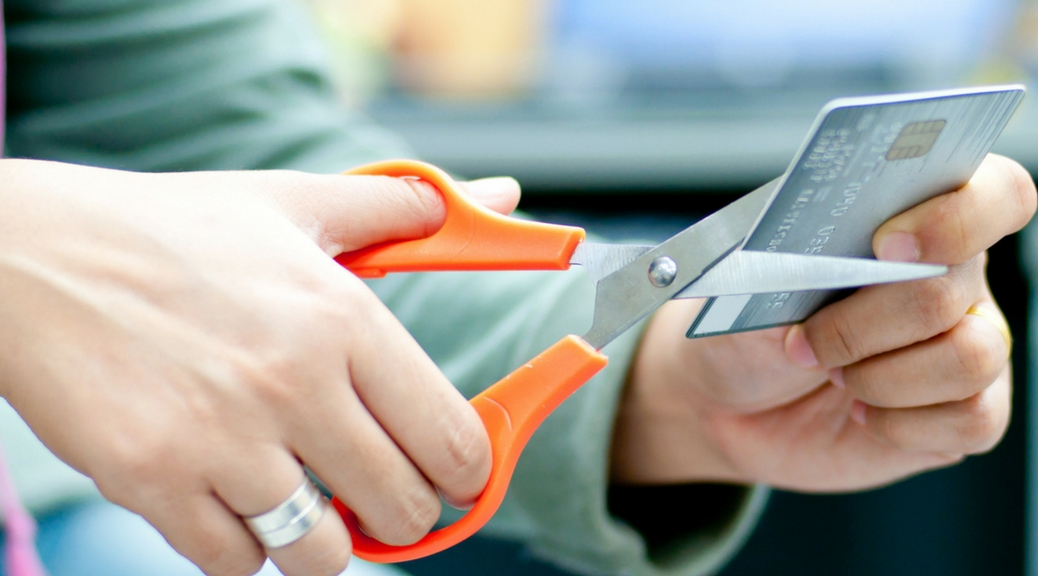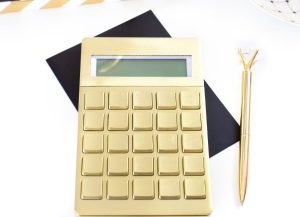When it comes to finances, no one is perfect. We’ve all made poor money decisions and paid the price for it later…let’s be real, some of us are still paying the price! There are certain things that you know can hurt your credit score, like overspending and not paying your credit card balances in full each month. However, there are things you may be doing that are hurting your credit score without you knowing it. The CGS Team is sharing 10 things that hurt your credit score, so you can make the proper adjustments.
10 Things that Can Hurt Your Credit Score
#1 Skipping Payments
Never skip a debt payment. Whether it’s your student loan, car payment, or credit card bills, always pay on time every month. Not only do skipping payments result in late fees and other unwanted costs, it significantly hurts your score when you are reported late. Once you fall behind on one payment, you are playing catch up every month – resulting in more and more late fees and negative credit reporting.
#2 Not Following Your Budget
Sure, we all have slip-ups. If your slip-ups are causing you to be short in other areas like rent and debt payments, it’s time to get back on track. Setting and following a budget that ensures all of your responsibilities are taken care of is one of the best things you can do for your credit, and sanity.
#3 Ignoring Small Medical Bills
Don’t agree with a medical charge? Forget to pay the co-pay or small bill that was sent to you? The prices may seem small, but if these charges aren’t taken care of, they could wind up in collections. Any bill that goes to collections is reported negatively on your credit report, regardless of how big or small the original cost was.
#4 Not Checking Your Mail
Failing to check your mail (or email if you have online bill pay) can cause you to miss bills that you weren’t expecting, or forget about the bills you do have. Similar to medical bills, some charges can go to collections if not paid timely. Even if it isn’t an expense that goes to collections, who wants to shell out more money for late payments?
#5 Maxing Out One Card While the Others are Open
Experts recommend keeping the amount you owe to less than 30% of your total available credit. The same applies for each card. Instead of maxing out one card and keeping the others open and empty, spread the debt out evenly across each card so that one isn’t maxed out.
#6 Eating Out All the Time
Not only does eating out frequently cost you major cash, if you buy groceries in the hopes of making food at home, you could be wasting that money too. When you eat out all of the time, you are likely not cooking at home. The groceries that you bought could end up in the trash, costing you much more than originally budgeted for. Make it a point to eat all of the food that expires quickly before eating out.
#7 Not Reviewing Your Statements
Failing to look at your credit card and bank statements can be more harmful than you think. Not only will you miss out on budget overages, you might also miss inaccurate charges, which can be a sign of identity theft. The longer the mistakes go undisputed, the harder it can be to fix them and get your money back.
#8 Waiting Until Later
Some bills are sent out a month or two before they’re due. It can be easy to procrastinate and hold off on paying the bill until closer to the due date. When you procrastinate paying, you run the risk of forgetting about the bill altogether, especially if it’s not a consistent bill like tolls or medical charges. Set aside some time each week to pay any looming bills and review your spending.
#9 Paying the Minimum Only
If you can only afford to pay the minimum, do so as long as it’s on time every month. However, it doesn’t mean your credit score isn’t being affected. Often times only a small portion of the minimum payment goes to the principal, meaning most of the payment is used to cover interest and fees. This could result in a much longer payoff time than you think.
#10 Closing Credit Cards
You may think closing your credit cards is helping your situation, but it may be doing the opposite. Don’t believe us? Take the advice of Credit.com, “While closing your cards can help you avoid the temptation of overspending, doing so can be damaging to your credit. Not only will it harm your credit utilization, but it can also impact your overall credit case (which is another factor that contributes to your overall scores).”
Related: 5 Ways to Manage Credit Like a Pro
Poor spending habits can do so much more than hurt your credit score and bank account. They can affect your health (all that stress is never good), and your overall well-being. Start forming positive money habits so you can reach your goals and feel better altogether! What positive credit habits have you formed throughout the years? Post a reply below to share your thoughts and credit questions!





